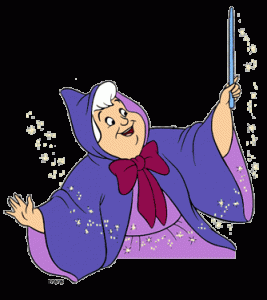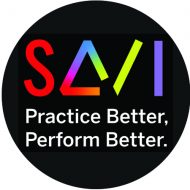I’ve spent the past few days at the Danish Musical Theater Academy, teaching workshops and coaching students for a concert they will present later this week.
They’ve participated bravely and eagerly in classes and rehearsals, exploring new ideas and taking risks in order to grow as artists.
Last night, after a full and rewarding day of rehearsal, I thought back to see if any sort of theme or recurring motif had emerged from my work with the Danish students, and I recalled a note that I gave several times in the course of our work that seemed to produce some fairly remarkable results:
“Break the spell.”
 In watching a run-through of the concert, it occurred to me that the students seemed to be under the spell of the music. They often seemed to move and sing as if they were on a sort of auto-pilot, singing each phrase and each lyric accurately but in an oddly lifeless way.
In watching a run-through of the concert, it occurred to me that the students seemed to be under the spell of the music. They often seemed to move and sing as if they were on a sort of auto-pilot, singing each phrase and each lyric accurately but in an oddly lifeless way.
I explained to them that, in order to seem truthful and real, they had to find a way of discovering and embodying the inner impulses that occur before each phrase, the “pinch” of thought or feeling that led to an “ouch-y” expression of that idea or emotion in the next phrase of the song.
To do that, I said, required “breaking the spell,” rousing themselves from the comfortable state of going through the motions and expecting the song to do the work for them. It requires an impulsive burst of energy, a kind of fearless departure from the choices made in the previous phrase, no matter how well those choices were working, no matter how good they felt, boldly attacking the new phrase with the confidence that, though it may be new and to a certain extent unknown, it will be great BECAUSE it is new, because it represents a change from the previous moment.
(This kind of “pinch” is rightfully experienced just before the onset of the new phrase. To introduce that kind of “spell-breaking” impulse at any other time during the phrase creates a kind of randomness or disorderliness that will mar the clear communication of the phrases of the song.)
I had them shake themselves, like a dog would shake water off his coat, and practice taking sharp, sudden breaths, both of which are concrete physical exercises that replicate the experience of shaking off the “spell” of a certain mood or moment.
Once they understood my note (which they did quickly, since they’re not only bright kids but possessed of remarkable English-language skills), the results of the adjustments they made were immediate and profound.
Even though they were singing the same words and doing the same movements, suddenly the stage event came to life, crackling with little details like a kind of electricity. It was as if their words and behaviors were etched with a new clarity and vividness. I saw their faces and eyes come to life with new expressions, and each new choice was imbued with a surprising sense of ease and fullness. It was, in a word, magical.
Later, I got to thinking about the idea of “breaking the spell” in a broader sense, as a kind of life lesson worth revisiting.
We all get caught up in the “spell” of the quotidian, going through our routines in expected ways, “comfortably numb,” as the Pink Floyd song says. Taking a moment to “break the spell” means embracing the possibility that our next choice has immense potential – IF we’re willing to make a change. “If you always do what you always did, you’ll always get what you always got.,” said Henry Ford – or Albert Einstein, or Mark Twain, depending on which Internet pundit you prefer, though I’m pretty sure I first encountered this quote in Stephen Covey’s “Seven Habits Of Highly Effective Individuals.” Regardless of who said it, it’s a powerful quote, and one that challenges us to shake off the spell of the moment and choose again. Doing so creates a powerful magic.
